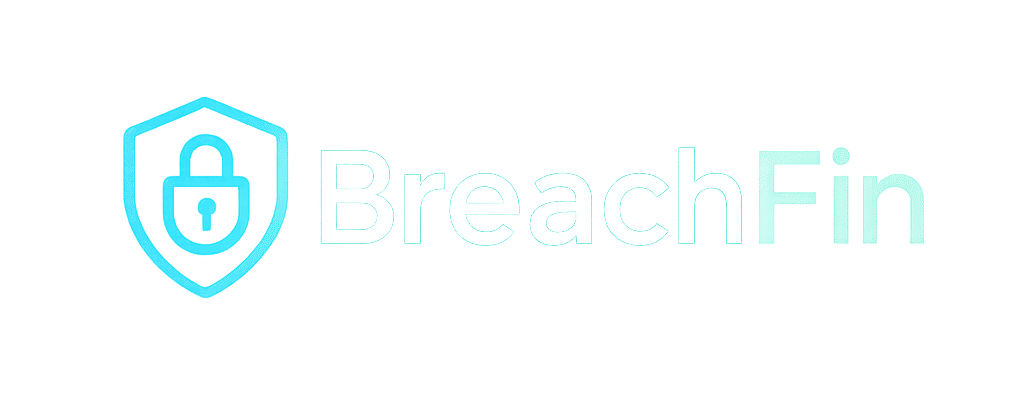Introduction
Many merchants believe that by using a hosted payment solution like Stripe Checkout, Shopify, or PayPal, they’re fully offloading PCI compliance risk. But that assumption is dangerously incomplete.
Using a hosted payment page does not eliminate client-side security responsibilities. You may not handle the card number directly — but attackers don’t need you to.
The Assumed Safety of Hosted Checkouts
These solutions are popular for a reason:
- They reduce PCI scope.
- They simplify development.
- They claim to handle all cardholder data externally.
But there’s a catch. You’re still serving the page that leads to the hosted checkout — and that page is fully under your control. It loads:
- Third-party JavaScript libraries
- Marketing trackers
- Inline scripts and analytics
- UI components like buttons and forms
All of these are attack surfaces.
How Skimmers Bypass Hosted Pages
Here’s how attackers operate in the real world:
- They compromise one of your third-party scripts (e.g., via a CDN or analytics tag).
- The malicious code injects a fake overlay or silently reads data before redirection.
- Your customer clicks “Pay Now” and unknowingly submits data to an attacker-controlled server.
The real checkout page was never even loaded — and your hosted solution did nothing wrong. But your customer is now a victim.
PCI DSS v4.0 Still Applies
Even if you use Stripe or Square, you might fall under SAQ A-EP, not SAQ A — because your website still:
- Hosts content that interacts with the checkout process
- Loads scripts that can modify the DOM
- Controls the user experience
That means you’re on the hook for PCI DSS 11.6.1: monitoring for unauthorized script changes.
Real Example: Magecart on SaaS Sites
Magecart groups have successfully compromised:
- Ticketing platforms
- Hotel booking engines
- SaaS-based POS systems
In these attacks, third-party vendors were PCI-compliant — but the merchant’s own website was not. The injected script lived in the merchant’s environment, not the provider’s.
Breachfin Protects the Final Mile
Even if your payment page is hosted, Breachfin protects the entry point — your own site. It monitors:
- Every JavaScript file loaded
- Hash changes and unauthorized mutations
- Suspicious use of eval(), Function(), or obfuscated code
- DOM changes that affect form fields or buttons
This is your responsibility. Breachfin makes it easy to meet it.
Final Thoughts
Hosted checkout is a smart move — but not a free pass.
If your site loads JavaScript, displays a form, or links to a hosted checkout, you are still exposed to client-side threats.
Use Breachfin to gain visibility where your hosted solution stops — and meet your security obligations with confidence.

